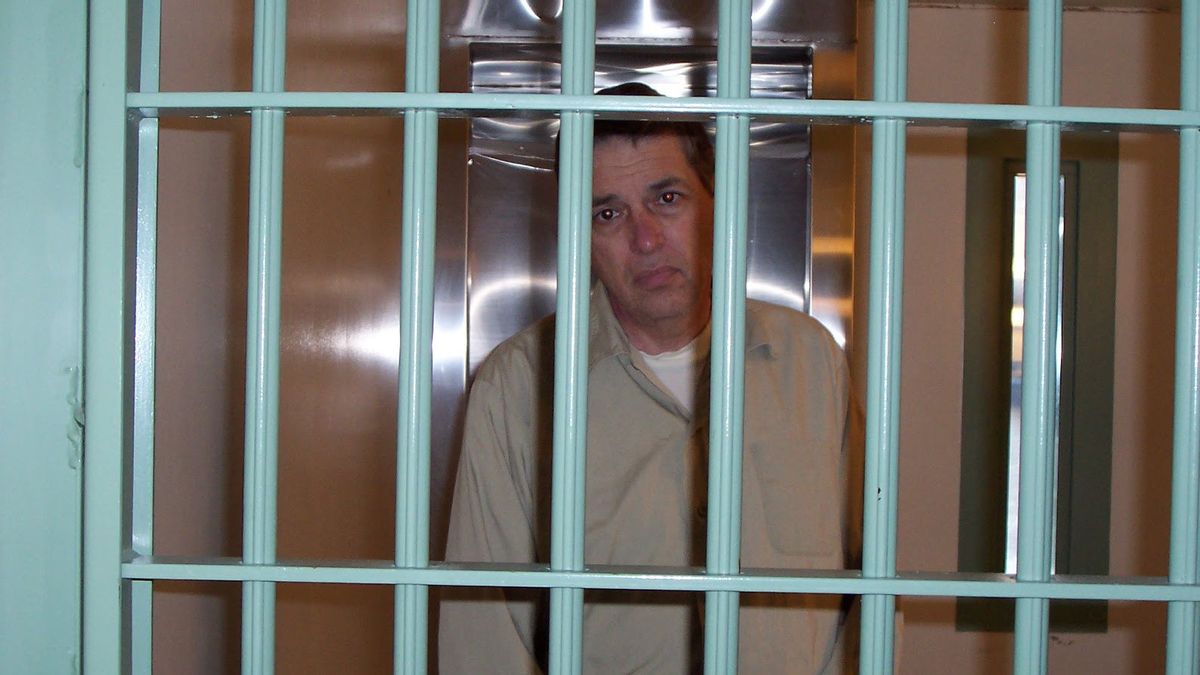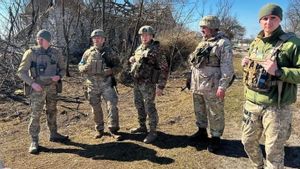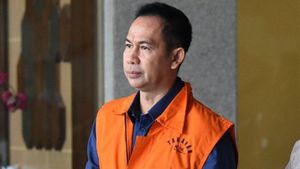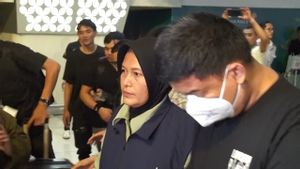JAKARTA - Former FBI agent who defected into spying for selling information to the Soviet Union and Russia in exchange for US$1.4 million in cash and diamonds Robert Philip Hanssen, was found dead on Monday at the age of 79, the Federal Prison Bureau announced.
"On Monday, June 5, 2023, at around 6:55 am, inmate Robert Hanssen was found unconscious at the United States Correctional Institution (USP) Florence ADMAX in Florence, Colorado," according to a Federal Prison Bureau release. June 6th.
Hanssen has been detained at Colorado USP Florence ADMAX since July 17, 2002. It is a maximum security prison facility.
"Responding staff immediately began life-saving measures. The staff asked for emergency medical services (EMS) and life-saving efforts to continue," the release continued.
"Mr Hanssen was later declared dead by EMS personnel," the release said.
In 2001, Hanssen pleaded guilty to 15 counts of espionage and conspiracy, in exchange for the government not imposing the death penalty.
He was sentenced to life in prison without the possibility of parole.
Hanssen joined the FBI in 1976 and began selling classified information to the Soviet Union in 1985, according to the FBI website. Hanssen himself began spying for the Soviet Union in 1979, three years after he joined the FBI as a special agent.
This counterintelligence officer worked as a spy for nearly 15 years, in the most important period of time for the Soviet US-Uni, continuing through the end of the Cold War.
He took a four-year break from spying in the 1980s, after being convinced by his wife, totaling.
In a letter allegedly written by Hanssen to Russians, he said he was inspired as a teenager by British double agent Kim Philby's memoir.
"I decided to take this course when I was 14 years old," said the letter quoted in a written statement by the FBI.
"I've read Philby's book," he said.
The FBI began monitoring Hanssen in 2000, after he was identified from fingerprints and from footage provided by an dissatisfied Russian intelligence agent.
FBI investigators have been working for years to try to identify spies in their ranks. In the weeks leading up to his arrest in February 2001, about 300 personnel were working to investigate and monitor Hanssen, according to the FBI.
A capture team brought Hanssen into custody, after catching him carrying out a "secret matter pick-up" in a park on the outskirts of Virginia, the FBI said.
After he was arrested in 2001, Hanssen told his US interogator, "I think I could be a devastating spy, but I don't want to be a devastating spy. I want to get a little money and get out of there," he said.
Investigators accused him of compromising dozens of Soviet personnel working for the United States, some of whom were executed.
In addition, he shared details of several US technical operations such as wiretapping, surveillance, and communication eavesdropping. And he gave the Soviet US plans on how they would react to Soviet nuclear attacks, both in protecting high-ranking government officials and in retaliation for such attacks.
Hanssen's case rocked the US intelligence community at the time, exposing the main drawbacks in the way the FBI and other agencies examined those with access to state secrets.
After Hanssen's betrayal came to light, investigators learned he had full access to the FBI and the State Department's computer system. He spent hours searching for confidential information undetected.
During his 25 years working at the bureau, with access to highly sensitive sources and methods on US intelligence efforts targeting the Soviet Union and Russia, Hanssen has never undergone a polygraph examination.
After Hanssen's case, the FBI moved to strengthen the so-called insider threat program aimed at protecting state secrets, by carefully researching the finances and journeys of personnel who have access to classified information, as well as increasing the use of polygraphs to assess employees regularly. loyalty and suitability.
SEE ALSO:
Before Hanssen was revealed, the FBI director at the time Robert Mueller said, "security is not a top priority. There is no security division. The FBI doesn't have enough expertise. We moved to deal with it," he said.
Hanssen apologized for his actions while serving his sentence in 2002.
"I am ashamed of it. Beyond its illegality, I have undermined the trust of many people. Worse, I have opened the door to slander against my completely innocent wife and our children. I have hurt them a lot. I have hurt so many people," he concluded.
The English, Chinese, Japanese, Arabic, and French versions are automatically generated by the AI. So there may still be inaccuracies in translating, please always see Indonesian as our main language. (system supported by DigitalSiber.id)


















